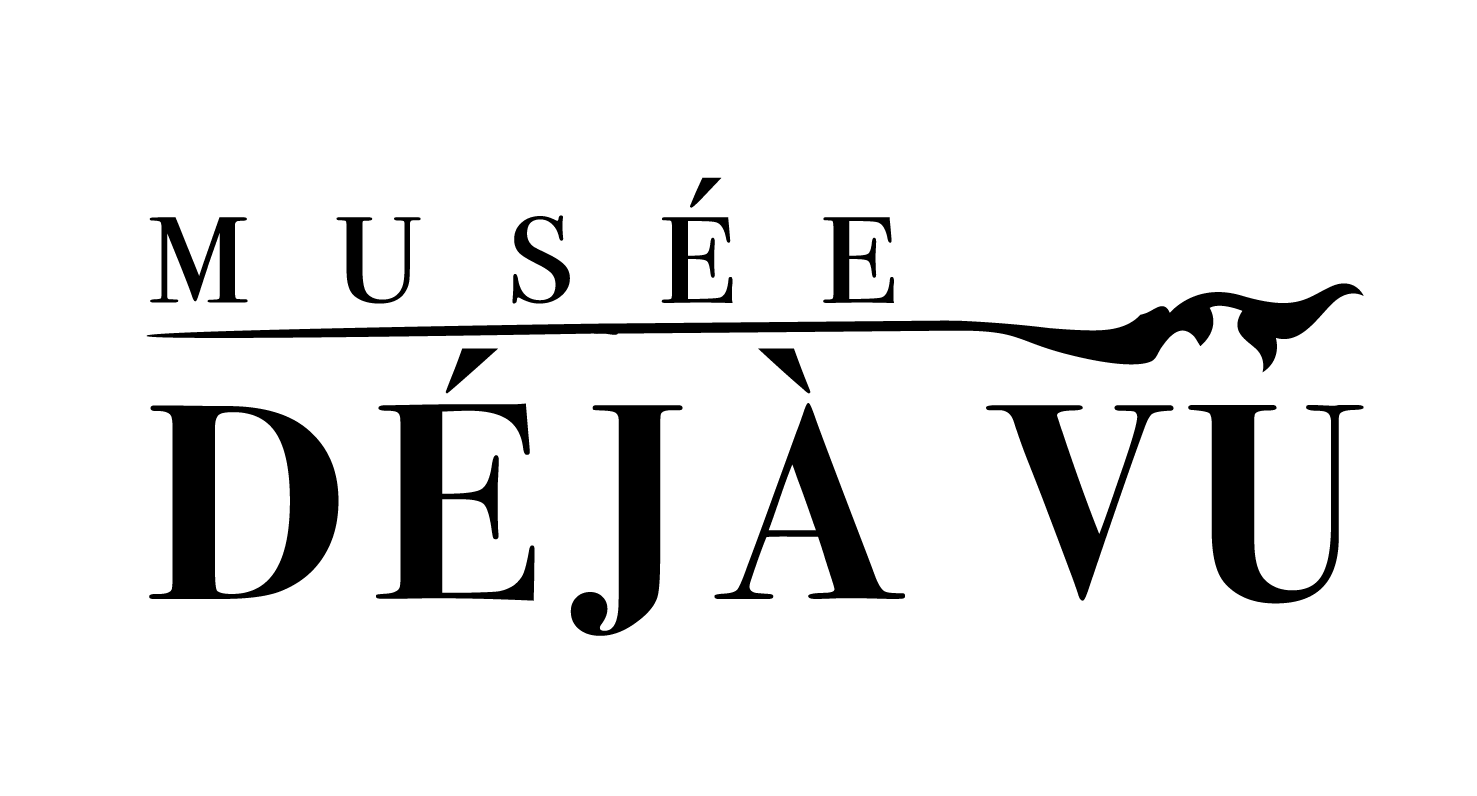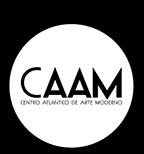
Languages have power. The power not only to represent reality, but to create it. For many, languages constitute words radically violent and uninhabitable, for others, kingdoms of privilege. On top of the ability to build a highly unfair world, languages can also make this violence invisible, making it unmentionable, unintelligible, and inappreciable.
Musèe Dèjà vu starts from the observation of a moral and aesthetic injustice, practiced through the artistic representation of sexual violence against women through history, and the realization that many of this imaginaries are still repeated in corrent times. For example, nowadays it is still necessary to prove in most judicial processes that the rape victim strongly defended themsef against their aggressor, when, by definition, rape is defined by the sheer fault of consent by the victim, whatever their amount of physical resistance through the attack. This necessity is directly related to the woman’s image forged through the centuries, that represents her as a violent territory, a battleground, to be conquered.
Examples of this imaginary are to be seen in the multiplicity of scenarios of kidnapping, rapes, wars and abuses that inhabit our museums. Legitimized by the context of the museum institution, these images do not appear under a cold light, like they are estranged realities of the past. To which level these representations are still talking about what we are in the present days? Which behaviors and beliefs are still repeating in spite of four centuries of distance? With these questions in mind,Musée Déjà vu offers to the spectator a genealogic path through the narratives that molded the female sexual experience from the Renassiance to the XXI century.
*Music composed for this work by Manuel David Páez

